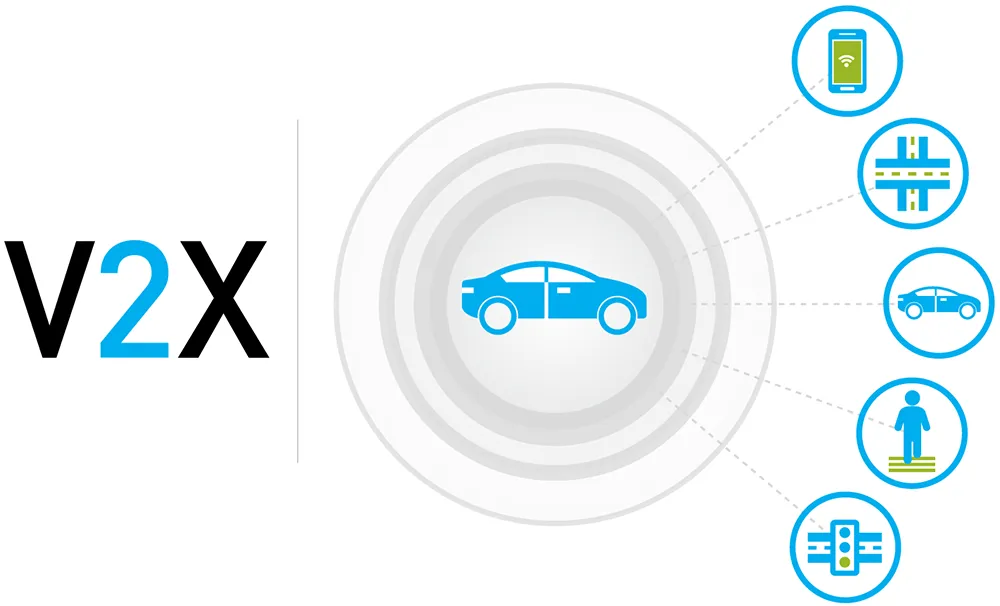OmniAir Certification Services (OCS) has accredited MET Laboratories as the first test lab in the 6C-for-Tolling Certification Programme. This scheme is designed to ensure tolling tag and reader interoperability (IOP) across equipment vendors and toll facilities that choose to deploy equipment certified as compliant to the 6C Requirements Document as defined by the 6C Toll Operators Committee. It is based on the ISO/IEC 18000-6 (Type C) RFID protocol.
August 22, 2012
Read time: 2 mins
6C Certification includes testing for baseline interoperability and applied interoperability. Baseline IOP ensures that tag and reader pairs can transition successfully from one state to another and to validate memory data. Applied IOP ensures that tags and readers can withstand the toll environment; it includes performance, UV, humidity and temperature testing under various parameters.
“The Board of OmniAir Certification Services put in a tremendous amount of effort working with the 6C Toll Operators Committee developing the OCS 6C-for-Tolling Certification Program,” says Tim McGuckin, executive director of OmniAir Consortium. “To see it reach this next critical stage – where we have an officially-accredited lab ready to test technologies primed for real world tolling deployments – is an exciting testament to the hard work of the OCS, and the overall vision of it and the OmniAir Consortium.”
6C Certification testing is already underway at MET Labs, with the first certificates to be presented at the 80th Annual









